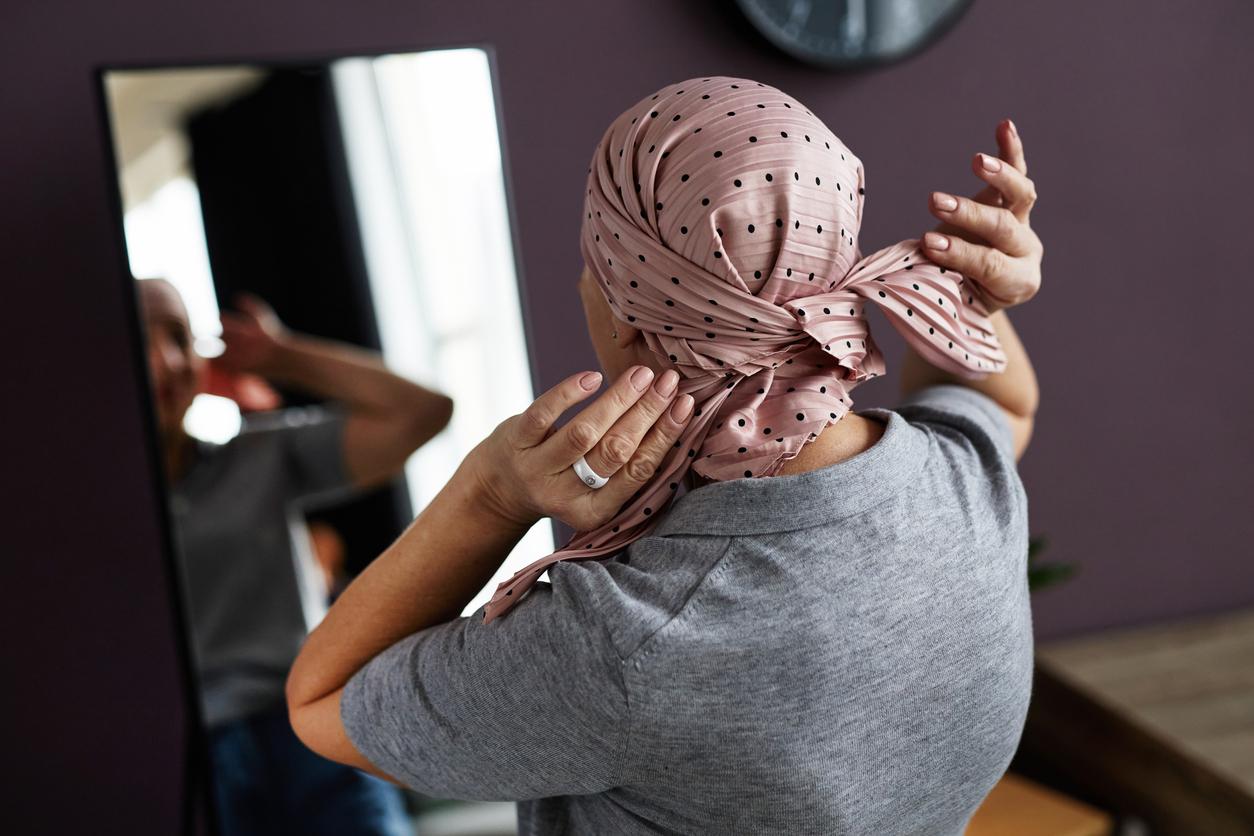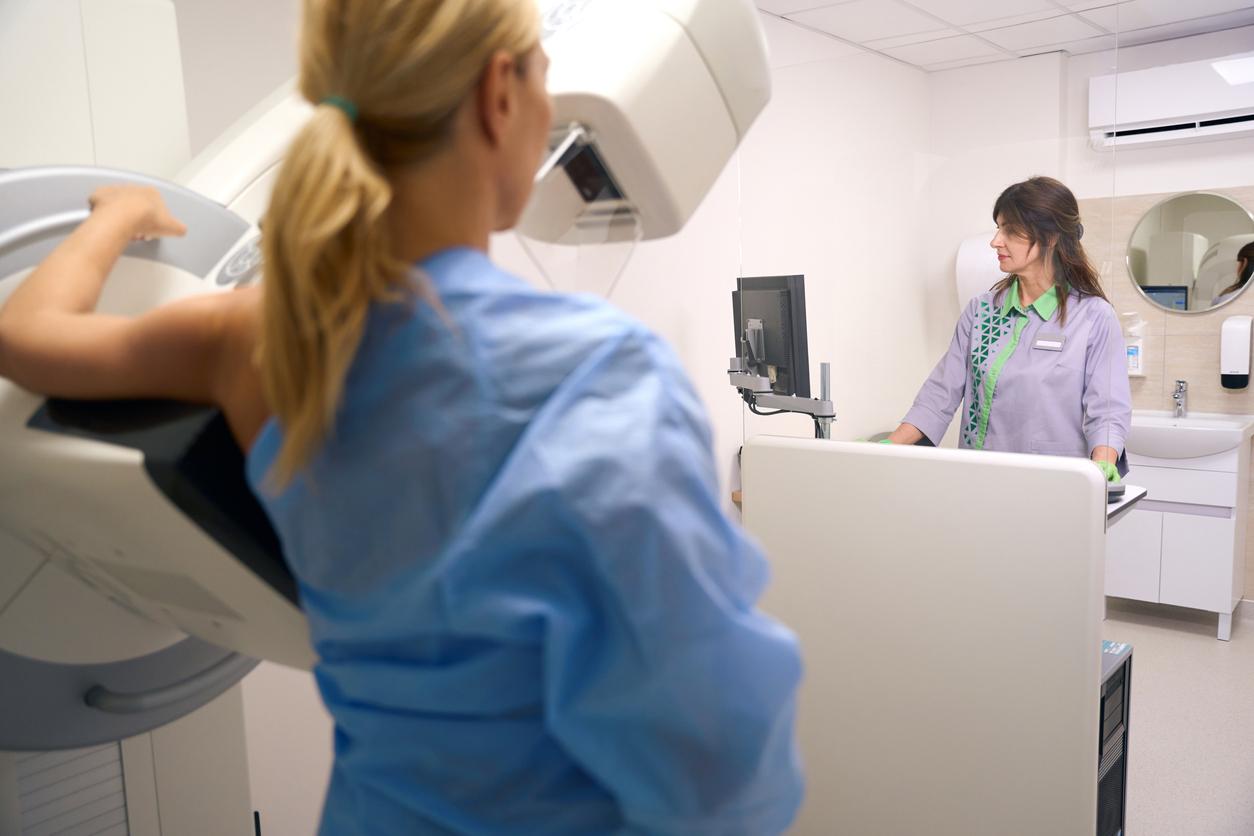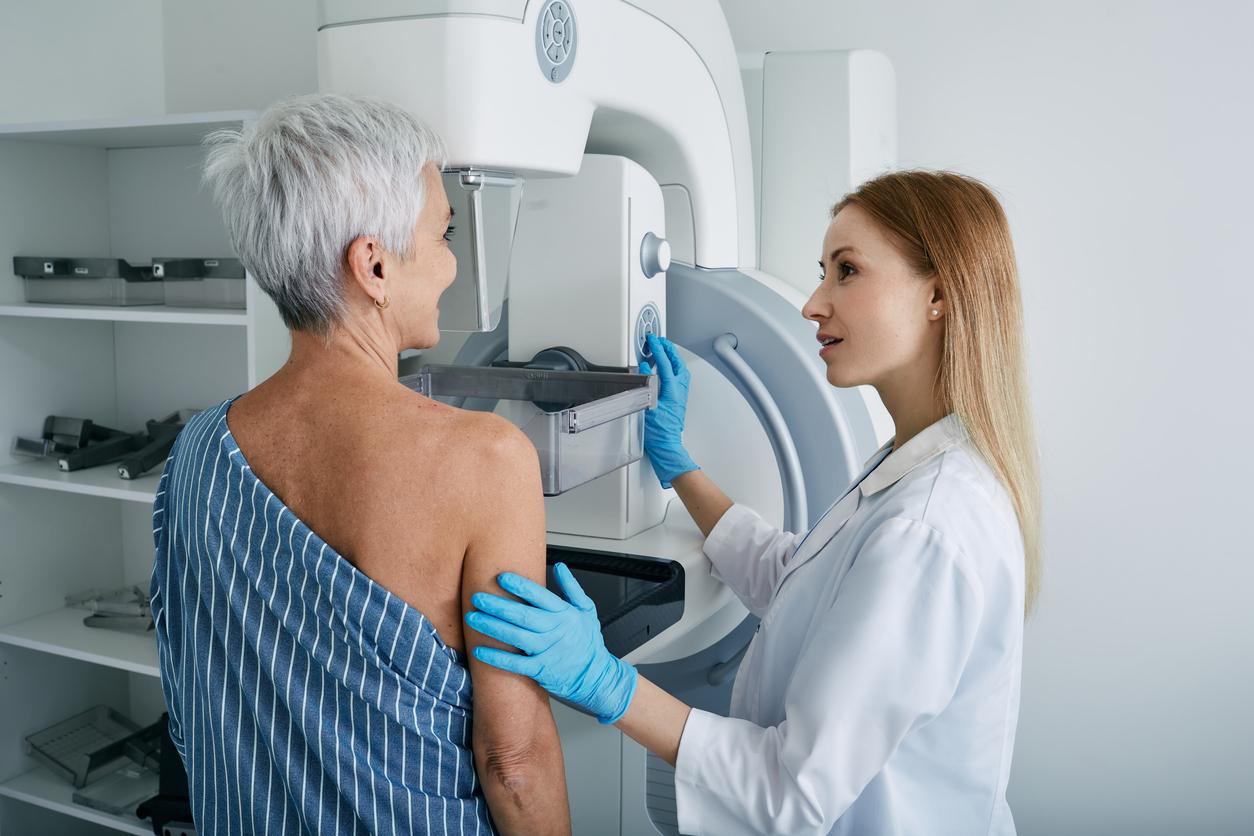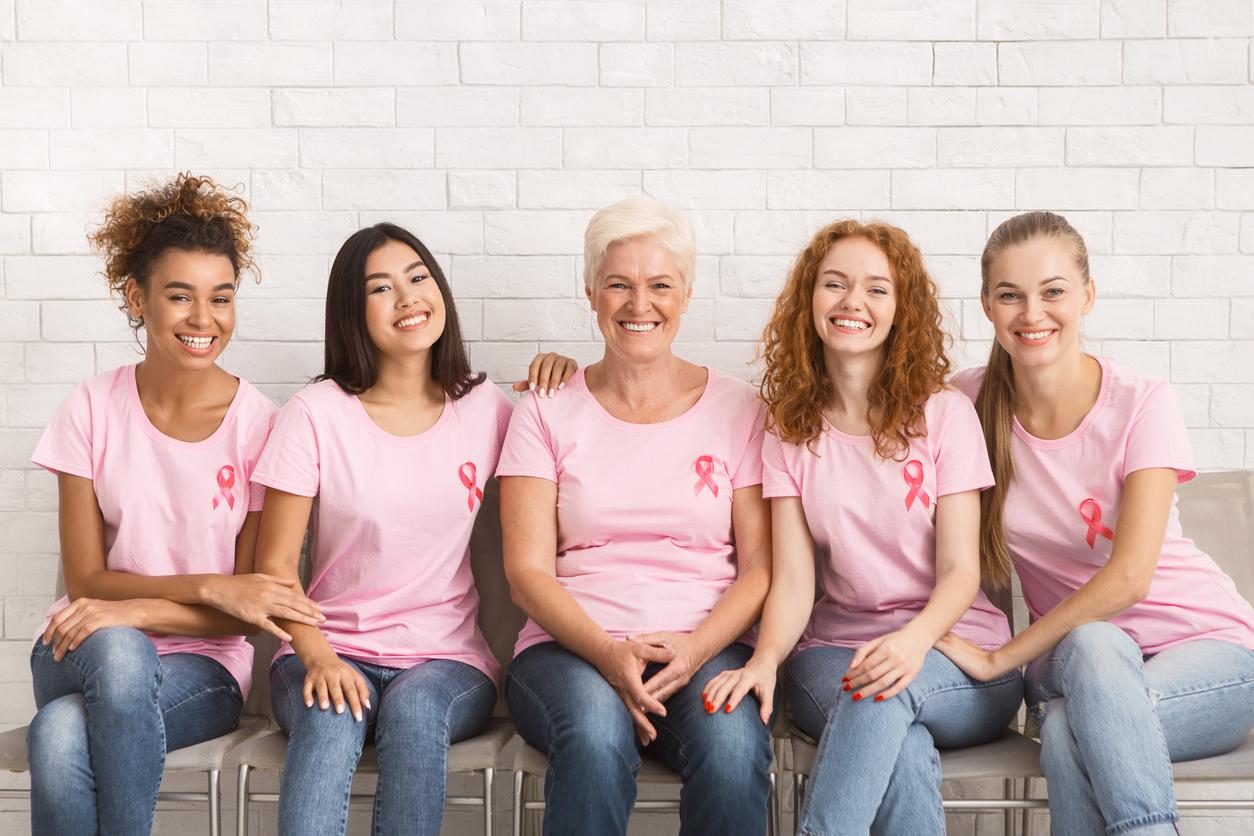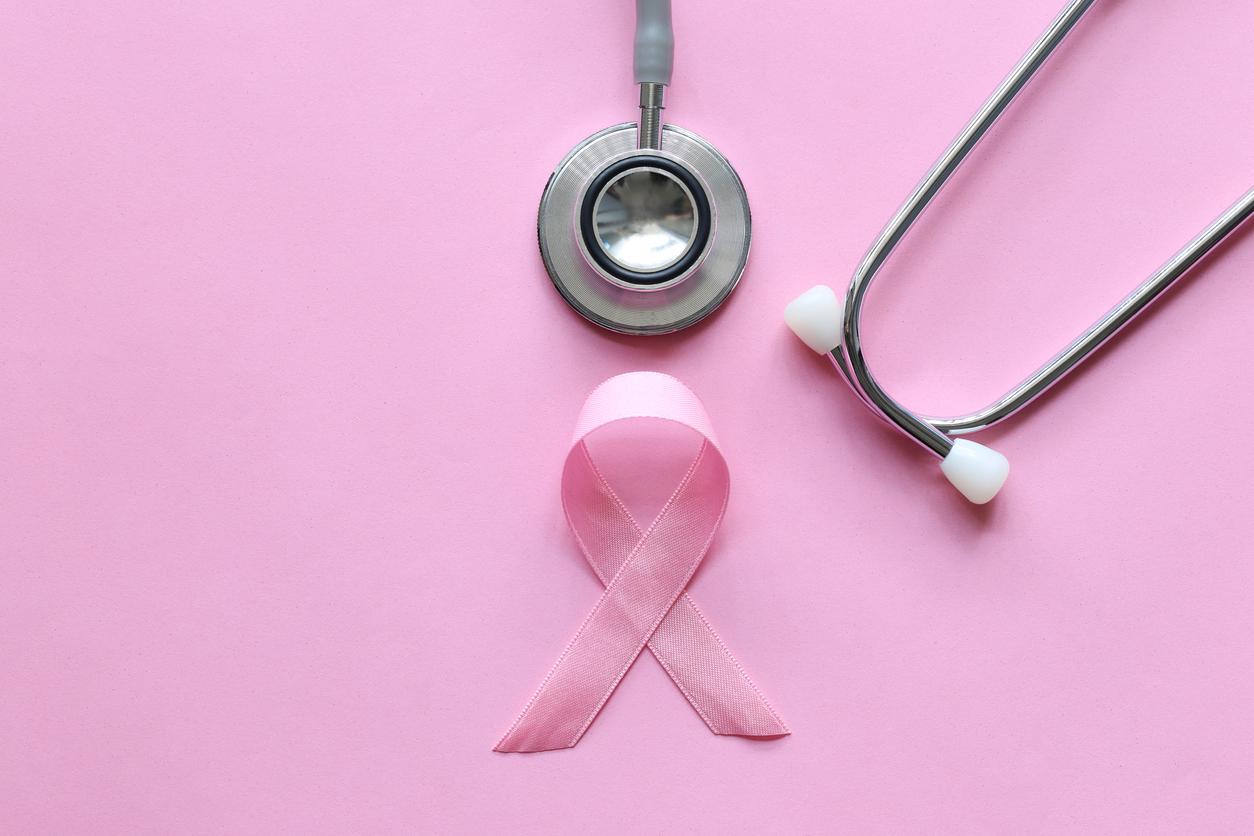“Breast cancer, getting information for treatment”, the first digital book on a health subject, has just been published by Editions du Dr Lemoine. To understand what this innovative tool brings to the information on this disease, especially for patients, Why Doctor interviewed Professor Gilles Freyer who brought his expertise on breast cancer.

– Why Doctor: You contribute your expertise on breast cancer in the first digital book devoted to this disease, “Breast cancer, getting information to treat yourself”. Why did you find it important to contribute to the existence of this new information tool?
Professor Gilles Freyer : This has a reassuring function in practice. The sources of information are multiplying today for this complex and constantly evolving disease and what one feels in the dialogues with the patients or when one looks at the forums of patient associations, it is all the same a certain confusion faced through the multiple questions that people ask themselves. And this at a time when medical time is limited and when consultations do not last as long as people would like to be able to ask all their questions. In addition, patients often document themselves on the internet, which, in my experience anyway, is more often a source of concern than of reassurance. What we expect from information is that it is obviously precise, complete, objective, but also that it reassures and not that it worries! But I find that very often they worry and that is my main motivation.
– At what point in the illness is being able to obtain information really necessary?
Professor GF: The main characteristic of information on breast cancer is that it is completely evolutionary and that it must be readjusted over time. And that is exactly what is difficult: the questions that people ask themselves when a diagnosis is made, questions that are linked to the stress of the diagnosis, to worry, to suffering, are not at all the same questions as those posed by the person who has finished his treatment six months later and who begins to wonder about monitoring, the risk of relapse, why such and such an examination is or is not carried out, possibly also – and this is moreover more important today – the family background, the possible genetic predisposition. So there really is a need for information for all stages and all times of the disease. And on these aspects, medical time cannot, by definition, give it despite the obvious goodwill of caregivers, there are always a thousand and one questions that arise and we wanted to try to provide a thousand and one answers. .
– This first digital book on a health subject – and this is one of the great features of this novelty in terms of publishing – will be updated constantly, with each advance in knowledge of this disease and its management. Are things changing so quickly in breast cancer?
Professor GF: Over the past five to ten years, there have never been so many changes in the panorama of management of this disease and there are new treatments in almost all areas. This is changing very rapidly, not a year goes by without this or that new treatment, whether it is a targeted treatment or an immunotherapy, modifying our practices. This is also the reason why I believe it is good for patients and their associations to be aware of these therapeutic movements, because the financial difficulties that exist in France regarding access to innovation and in particular to cancer drugs justify that patients have the necessary elements to defend their rights to be treated with the benefit of these innovations. And we doctors do not always have the ability to make ourselves heard by the health authorities because we are suspected of always wanting more or of having links with the pharmaceutical industry, for example. The main stakeholders must have the arguments and the right to be heard on these issues of taking charge of access to innovation.
– Breast cancer is also a disease that has strong repercussions on the daily lives of patients. Can this digital book improve their support?
Professor GF: Indeed, there is one thing, the treatment, and another, the return to life. Indeed it is not only a question of curing a disease, that is to say of destroying something biological which could threaten the life of the patient, but also of ensuring that the life after is the most happy as possible. Very often, we realize that the life after is still significantly more difficult than the life before, because there are a lot of hassles, because there are a lot of economic difficulties, because there is the anxiety of the relapse, because there are also the sequelae of the treatments, the difficulties in terms of sexuality. It is not this myth which would be that life after will be more beautiful, that we will go to the essentials, etc …, unfortunately this is often not the case. Especially since there is often, as our experience shows us, a great deal of fatigue which sometimes lasts for years and which indeed often requires support and supportive care. And on these points too, patients have the right to obtain answers to the questions they have.
This book can be downloaded from the Editions du Dr Lemoine website, https://drlemoine.com
.










